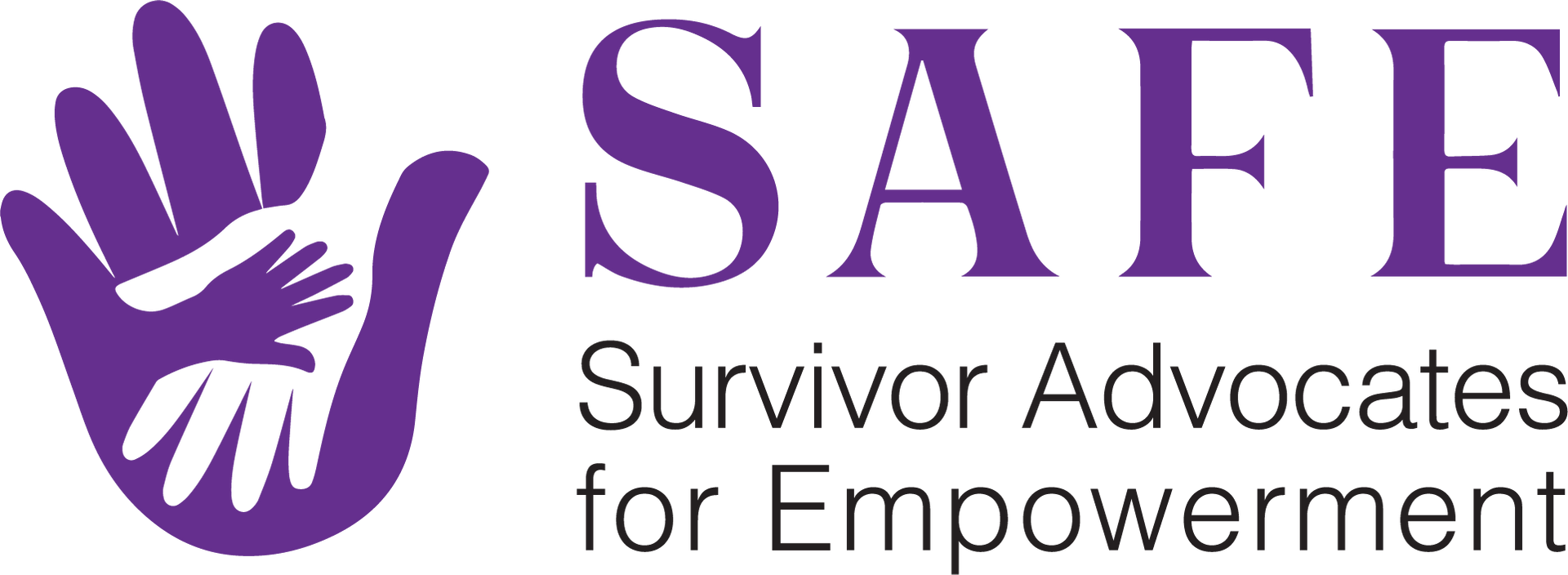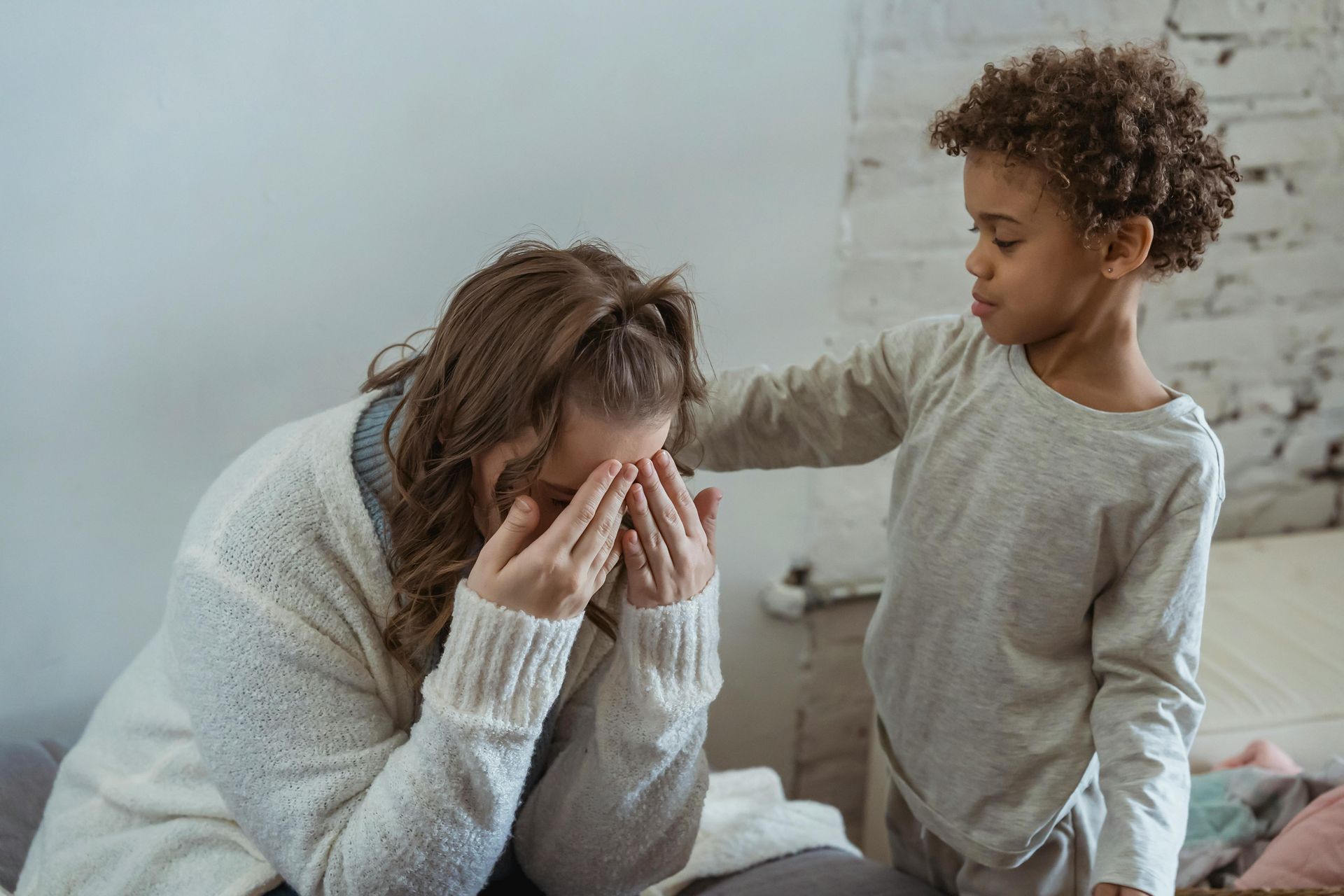Personal Support From Those that Understand
One-on-one peer support to guide survivors through their journey with care, understanding, and lived experience.
Peer-to-Peer Support
If you’re feeling lost, overwhelmed, or unsure of what to do next, know that you’re not alone. Surviving gender-based violence is already incredibly hard, and trying to figure out how to move forward can feel impossible. Navigating legal systems, finding medical care, or even just getting someone to listen and believe you shouldn’t be this difficult—but it often is. Too many survivors face disbelief, judgment, or cold, clinical responses from people who don’t truly understand what they’ve been through. It’s frustrating, isolating, and exhausting, and it’s okay to feel overwhelmed by it all.
At SAFE, we understand because we’ve been there too. We know how confusing and lonely this journey can feel. That’s why we’re here to make it a little easier. When you reach out to us, you’ll connect with someone who truly gets it—a trained peer who has lived through similar experiences and knows what it’s like to face the challenges you’re dealing with.
Our peer support isn’t about talking to someone who sees you as a “case” or a problem to solve. It’s about connecting with someone who’s walked a similar path, someone who understands the fear, frustration, and uncertainty you might be feeling. SAFE’s peer supporters are here to help you navigate the next steps, whether that’s finding legal help, accessing medical care, or connecting with resources for emotional support. Whatever you’re dealing with, you don’t have to face it alone.
One of the things that makes SAFE’s peer-to-peer support different is that we don’t judge, and we don’t tell you what to do. We’re not here to push our opinions or give you a one-size-fits-all solution. Instead, we offer options and information, helping you understand what’s available so you can make the choices that feel right for you. It’s your journey, and we’re here to support you, not pressure you.
Every peer supporter at SAFE has been where you are. We’ve faced the confusion, the fear, and the frustration of not knowing where to turn or what to do. We’ve felt the sting of not being believed or understood. And we’ve made it through to the other side. That’s why we do what we do—because we know how much it helps to have someone by your side who truly understands, who believes you, and who wants to make things easier for you.
You don’t have to do this alone. With SAFE, you’ll have someone who listens, someone who cares, and someone who knows how to guide you through the tough moments. Whether you need help figuring out your next steps or just want to talk to someone who understands, we’re here for you.
Reaching out can feel like a big step, but it’s a step toward support, understanding, and healing. You don’t have to have all the answers, and you don’t have to do everything on your own. SAFE is here to walk with you, to offer guidance and resources, and to remind you that you are not alone.
We believe in your strength, even if you don’t feel it right now. We believe in your right to be heard, supported, and understood. And we believe that with the right support, you can take the steps you need to heal and rebuild. Let us be part of your journey.
We see you. We believe you. And we’re here to help you take that next step—whatever it may be. Reach out to SAFE today. Let us help you find the path forward. You don’t have to face this alone anymore.
1 in 8 women and girls globally have suffered rape or sexual assault before turning 18
- United Nations
I know Lorraine from our common involvement in the performing arts and dance world, however over the last 3 years she has been a personal support in my life through my own experience with Domestic Violence. It was Lorraine’s sharing of her personal experiences that led me to reach out when I recognized that something wasn’t ok in my own relationship. She listened attentively for hours on end to my experiences, she empathized with me, directed me to resources and repeatedly reached out to let me know that I was not alone. Though I had to do the work for myself, it was the guidance from Lorraine that helped me to get the services that I needed, protect myself and child and have the strength to persevere through ongoing post-relationship abuse. I am forever indebted to her for the support and care that she has shown to me. I can’t think of anyone more deserving of recognition for the selfless sharing and support of others that she demonstrates.
Contact Us For More Information
If you’re ready to take the first step, we’re here to listen and support you. Share as much or as little as you’re comfortable with. Filling out the contact form is a simple way to connect with someone who understands and can help guide you forward.
Contact Us Form - Personal Peer Support
Frequently Asked Questions
What is gender-based violence?
Gender-based violence can be viewed as a deeply personal and traumatic experience rooted in power imbalances related to gender. It encompasses a range of physical, sexual, verbal, emotional, and psychological abuses that are directed at women and girls because of their gender.
What is domestic violence?
Domestic violence is when someone in a family or a close relationship hurts or controls their partner or family member. This can be hitting, yelling, forcing them to do things they don't want to, or keeping them away from friends and family. It's not just physical harm; it also includes actions and words that hurt emotionally and make someone feel scared or small. It happens in what should be a safe and loving environment, which makes it especially hard and confusing for those who experience it. Domestic violence can include physical, emotional, psychological, sexual and financial abuse.
How can I tell if I’m in an abusive relationship?
Knowing if you're in an abusive relationship can be hard, but there are key signs. It's not just about physical harm. Look for things like your partner controlling what you do, making you feel scared or bad about yourself, cutting you off from friends, forcing you into things, or threatening you. If you often feel scared or small around them, it's a big red flag. Remember, a healthy relationship should make you feel safe and respected.
What exactly is considered sexual assault?
Sexual assault is any unwanted sexual activity, including touching, grabbing, and rape. It’s an act where consent is not freely given by the victim. It’s important to remember that consent must be clear, enthusiastic, and ongoing.
How do I know if what happened to me is sexual assault?
If you experienced any form of sexual contact or behavior without your explicit consent, it is considered sexual assault. This includes any non-consensual touching, forced sexual acts, feeling like you cannot say no, being under the influence or being made to participate in sexual activities against your will.
I was sexually assaulted. What should I do first?
First, get to a safe place. Your safety and well-being are the most important. If you are hurt or need immediate help, call emergency services. Remember, it's your choice to report the assault, but it can be helpful to preserve any evidence if you decide to. This means not showering or changing clothes if possible. Reach out to someone you trust for support. Consider contacting a sexual assault hotline or a local support organization for guidance on what to do next and to talk about your options. Remember, what happened is not your fault, and help is available.
Will people believe me if I tell them about the assault?
It can be scary to share what happened, but many people will believe and support you. It’s crucial to talk to someone you trust, whether it’s a friend, family member, or a professional at a support organization.
How can I support a friend who confided in me about their sexual assault?
Listen without judgement and believe their story. Offer your support and help them explore their options, but remember to respect their choices and pace. Encourage them to seek professional support if they’re open to it.
How can I get involved with SAFE?
There are a few ways you can get involved with SAFE. Thank you for your interest.
First, if you're looking to get involved in a volunteer capacity, that's great!
SAFE currently has the following opportunities available for volunteer roles:
✔️ SAFE Fundraising Team
✔️ Events Team
✔️ SAFE Committee*
*The SAFE Committee, is the heart and soul of SAFE. The Committee is made up of female-identified and non-binary survivors who are no longer in crisis. Their core focus is to provide support and services for survivors and their family members, educating the community through advocacy efforts and speaking engagements, and providing community consultations to organizations who service survivors.
Submit your interest to volunteer via email: info@survivor-advocates.org
Secondly, you can get involved by staying informed. Follow SAFE on all our social channels.
Lastly, subscribe to SAFE News (a monthly newsletter) to:
💜 Get the scoop: Always be in the loop with the latest news and info that matters to SAFE. Think updates on laws, cool resources, and helpful tips.
💜 Get a heads up on events: Get the lowdown on cool events like workshops, speaking engagements and events. Perfect for learning new stuff and meeting people.
💜 Make a difference: Hear about neat ways to get involved. Whether it's volunteering, spreading the word, or other cool projects, you can really make an impact.
💜 Learn lots: Expect awesome articles, interviews, and real-life stories that teach you a ton about what it's like for survivors and how to help.
💜 Feel the power: Regular doses of empowerment and inspiration to keep your spirits high and your motivation strong.
It's more than just a mailing list – it's a way to stay connected, informed, and ready to make a difference. Plus, it's pretty cool to be part of a community that cares!
Locate the PURPLE button "Subscribe to SAFE News" at the bottom of our Home page.
How can I support a friend and/or family member experiencing gender-based violence?
Good for you for wanting to help. There 7 ways you can help:
1. Listen patiently without judgment.
2. Believe them.
3. Validate their feelings.
4. Be patient and keep constant communication.
5. Encourage them to build a support network of family & friends.
6. Help them make a safety plan.
7. Don’t give up on them.
Please locate the button just below this section and download/save a paper that goes into detail about these 7 ways.
Will I get a tax receipt for my donation?
Unfortunately, not at this time. The process to obtain charity status is currently underway, so we will be able to provide donation receipts for tax deduction purposes once that occurs.
Your donation will help us continue our mission of community engagement through peer support, community referrals, outreach programs and workshops, raising awareness through educational public speaking, consultation with local organizations and governments, active participation in community events, and monitoring community needs all done with the aim to support those in crisis and those who are recovering from crisis. Thank you again for your generosity and allyship.
SAFE’S most important next step is to operationalize our primary program, “Recovery & Beyond”. This program is designed by survivors for survivors, meant to help individuals in crisis or recently out of crisis to identify abusive behaviours, explore emotions, and plan towards long-term healing. Donations in the foreseeable future will be used for this purpose.
See Our Upcoming Events
Explore upcoming events designed to support, educate, and empower survivors. Connect with others, learn valuable skills, and find a community that understands. Click here to see what’s happening.







